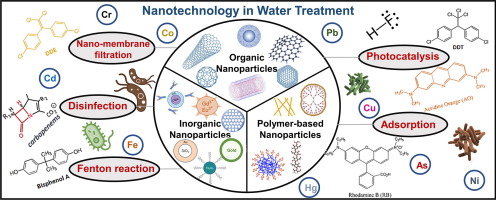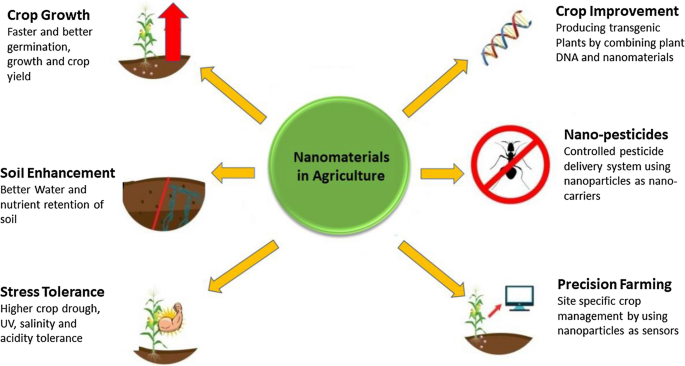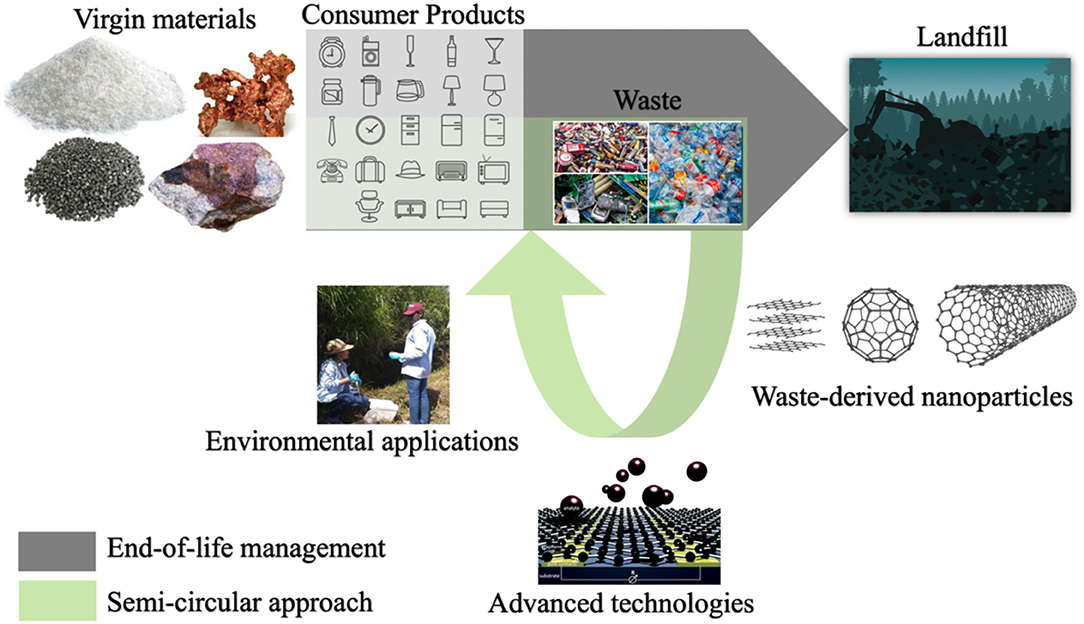Comments
- No comments found

In recent years, the world has witnessed an increasing urgency to address environmental challenges and transition towards a more sustainable future.
Among the array of innovative solutions, nano technology has emerged as a promising field with the potential to revolutionize sustainability efforts. By harnessing the unique properties of materials at the nanoscale, scientists and engineers are developing groundbreaking applications that offer greener alternatives across various sectors. From energy and agriculture to water purification and waste management, nano technology is poised to play a significant role in shaping a sustainable world.
Nano technology involves manipulating and controlling materials at the nanoscale, typically at dimensions smaller than 100 nanometers. At this scale, materials exhibit distinct properties and behaviors, enabling scientists to engineer new functionalities and enhance the performance of existing systems. By leveraging these capabilities, researchers are developing sustainable solutions that address critical environmental challenges and promote resource efficiency.
One of the most significant applications of nano technology lies in energy generation and storage. Nanomaterials such as graphene and carbon nanotubes have shown immense potential in enhancing the efficiency of solar panels and improving energy storage devices like batteries and supercapacitors. These advancements can lead to increased renewable energy utilization and a reduced reliance on fossil fuels, thus mitigating climate change and air pollution.

Access to clean water is a pressing global issue, and nano technology offers novel approaches for water purification and desalination. Nanomaterials like nano filters and membranes exhibit exceptional filtration capabilities, effectively removing contaminants and pollutants from water sources. Additionally, nanomaterials have the potential to enhance desalination processes, making seawater conversion into freshwater more energy-efficient and economically viable.

Sustainable agriculture and food production are crucial for meeting the growing demands of a global population while minimizing environmental impacts. Nano technology provides innovative solutions in this realm, including nanosensors for monitoring soil conditions, nanofertilizers for targeted nutrient delivery, and nanocoatings for crop protection against pests and diseases. These advancements can promote resource efficiency, reduce chemical usage, and increase crop yields, contributing to a more sustainable and resilient food system.

Addressing the challenges of waste management and recycling is vital for a circular economy. Nano technology offers opportunities to develop more efficient waste treatment processes, including nanocatalysts for converting waste into valuable products and nanosorbents for capturing and removing pollutants from waste streams. Furthermore, nanomaterials can enhance the recyclability of materials by improving sorting techniques and enabling the development of high-performance recycled products.
While nano technology holds immense promise for sustainability, it is essential to address potential challenges and considerations. The responsible development and use of nanomaterials require comprehensive risk assessments to ensure their safety to humans and the environment. Additionally, ethical and regulatory frameworks must be established to govern the manufacturing, use, and disposal of nano-enabled products.
Collaboration among scientists, policymakers, and industry stakeholders is crucial to advancing nano technology's sustainable applications while minimizing potential risks. Funding and support for research and development in this field should be encouraged to accelerate the translation of lab-scale innovations into real-world solutions.
Nano technology has the potential to transform sustainability efforts across various sectors, offering innovative solutions for energy generation, water purification, agriculture, waste management, and more. By harnessing the unique properties of materials at the nanoscale, scientists are pushing the boundaries of what is possible and paving the way for a greener and more sustainable future. However, it is essential to navigate the development of nano technology responsibly, ensuring safety, ethics, and regulatory compliance to maximize its benefits and minimize potential risks. With continued advancements
Leave your comments
Post comment as a guest